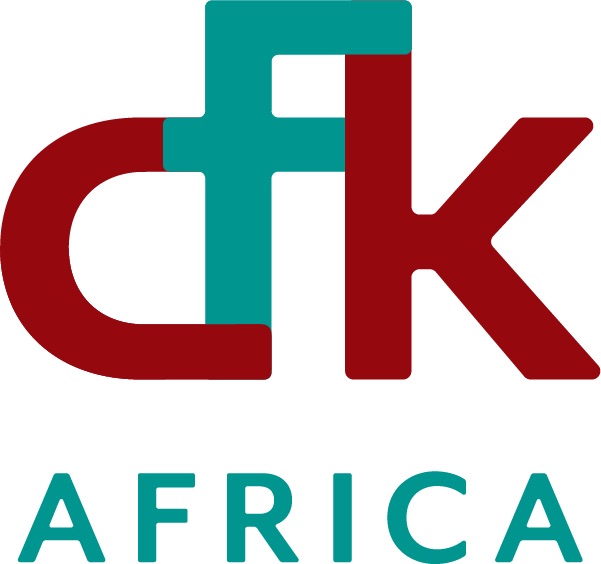Written by Drew Rotolo, a United States Army Veteran and former CFK Africa volunteer. Drew holds a B.A. from Duke University and Master’s of Public Policy from the Harvard University Kennedy School of Government. He is currently pursuing a Master’s of Business Administration from the Duke University Fuqua School of Business.
I was eighteen when I boarded my first matatu into Kibera. It was my first time in Kenya and only my second time outside of the United States. As a political science student from Duke University, I had come to Kenya hoping to learn about urbanization and international development. Little did I know that it would mark the beginning of an enduring partnership with the region. That summer, I interned with First Love Kenya, an NGO neighboring CFK Africa in Nairobi, and quickly began to grasp the complexities of life in Kibera – where rapid population growth was paired with a lack of essential services needed for young people to thrive. Despite these challenges, the people were resilient and the community was vibrant.
Realizing how much I still had to learn, I began studying Swahili and searching for ways to return to Kenya after I went back to the US. During the summer, I had been reading It Happened on the Way to War, a memoir written by CFK Africa’s co-founder, Rye Barcott, which I had bought at a campus book launch just weeks before leaving for Kenya. By a stroke of luck, I later met Dr. Jennifer Coffman, a member of CFK Africa’s Board of Directors and key contributor to the organization’s founding, during an interview for a Swahili language program I applied for that fall. This interview led to my eventual connection with CFK Africa.
Over the next few summers while continuing my Swahili studies, I had the privilege of participating in some of CFK Africa’s work in Kibera such as helping to plan soccer matches and organizing donations of sports equipment from overseas. What struck me was how distinct their model was – it empowered communities to find solutions at the grassroots level rather than simply providing services that could eventually be exhausted.

The organization was also highly ambitious in its endeavors, from expanding its local medical clinic to running a popular youth sports program and creating safe spaces for young girls to develop as leaders. The local staff of CFK Africa were unrelenting in their approach to community development and social impact, and a daily source of inspiration to me. By the time I graduated from college, I had spent four consecutive summers working in Kenya. Although I had barely scratched the surface in fully understanding the realities of Kibera, I had grown by building relationships with a community of determined individuals committed to improving lives at the local level.
After college, I spent eight years as an officer in the US Army, often wondering if I would ever have the chance to reconnect with Kenya and the community that had shaped so much of my early worldview. Despite being stationed in vastly different parts of the world, the lessons I learned at CFK Africa remained a constant. CFK Africa’s motto, “Talent is universal, opportunity is not,” resonated deeply as I traveled to places facing their own unique struggles. Each location presented challenges, but abundant untapped potential – much like Kibera.


In my final year in the Army, fate brought me back to Kenya for the first time in over seven years, where I was tasked with helping to plan and run a medical clinic in rural Kitui County. This was a full-circle moment for me. Drawing on what I had learned from CFK Africa, we made sure the community was at the heart of the initiative, not as passive recipients but as partners in designing and implementing solutions. It wasn’t just about providing services – it was about supporting the community as colleagues and friends, creating something sustainable and meaningful together.
Returning to Kenya rekindled my connection with the country. Two years later, while in graduate school studying public policy, I returned again, but this time as an instructor with Dr. Coffman and the James Madison University East Africa Field School. As part of the program, we visited CFK Africa’s headquarters in Kibera. While the energy and commitment to improving lives remained as strong as ever, CFK Africa had dramatically expanded its clinics and youth facilities, touching even more lives on a daily basis. What moved me most, however, was witnessing the full circle of impact. Many young people who once participated in CFK Africa’s programs were now leading its efforts, guiding the next generation and driving real change from within the community.

That moment brought into focus for me the true power of CFK Africa’s work: sustainable progress, owned and driven by those who it was meant to serve. The growth wasn’t just in its buildings or services, but rather in the generational capacity to improve lives through empowerment, human dignity, and the confidence of a community charting its own future.
Looking back on that first matatu ride into Kibera nearly 13 years ago, I’m struck by how much has changed and yet how much remains the same. I’m proud of the resilience I’ve witnessed among community members and deeply grateful for the opportunity to grow alongside CFK Africa. Together, we’ve come to understand that while we may never fully eliminate the world’s challenges, we can empower people to build better, more dignified lives – one community at a time.
